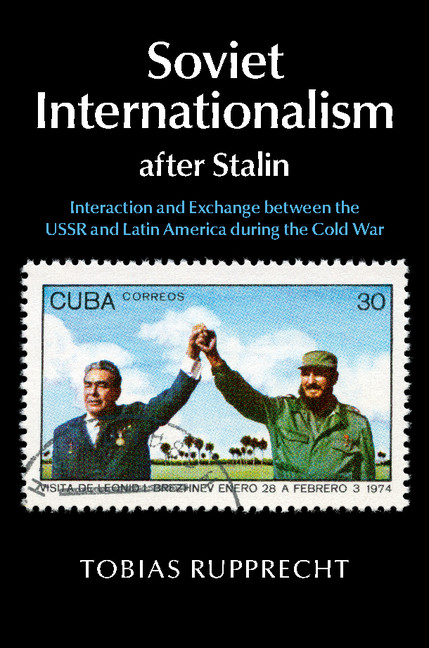Andrew Thompson
Director, Centre for Imperial & Global History
University of Exeter
Humanitarianism developed at the intersection of Decolonization, the Cold War, and new & accelerating forms of Globalization. Decolonisation was about much more than the ending of colonial relationships: what was at stake was the dismantling of an entire global order: an old world of imperial states was replaced by a new world of nation states and this ushered in new patterns of cultural, political and economic relations. In the existential struggle that was the Cold War, the control of overseas territory mattered intensely to each side’s sense of security and power.
Capitalist West and socialist East competed to convince nearly and newly independent African and Asian states to adopt their models of humanitarian and development aid. As a result it became more difficult to distinguish aid given to further state interests from that given according to recipient needs. Globalisation meanwhile expanded the range of voices to which humanitarians had to listen while radically differentiating them. Aid agencies intensified their use of the international media, yet were exposed to greater pressures from their donor states and publics.
Together these 3 geopolitical forces − Decolonization, the Cold War, & Globalization − raised far-reaching questions about the relationship of international organizations and NGOs to state power; the basis upon which humanitarian needs were identified and prioritized; and the interaction of humanitarians with non-state armed groups. Continue reading “Debating the History of Humanitarianism”














You must be logged in to post a comment.